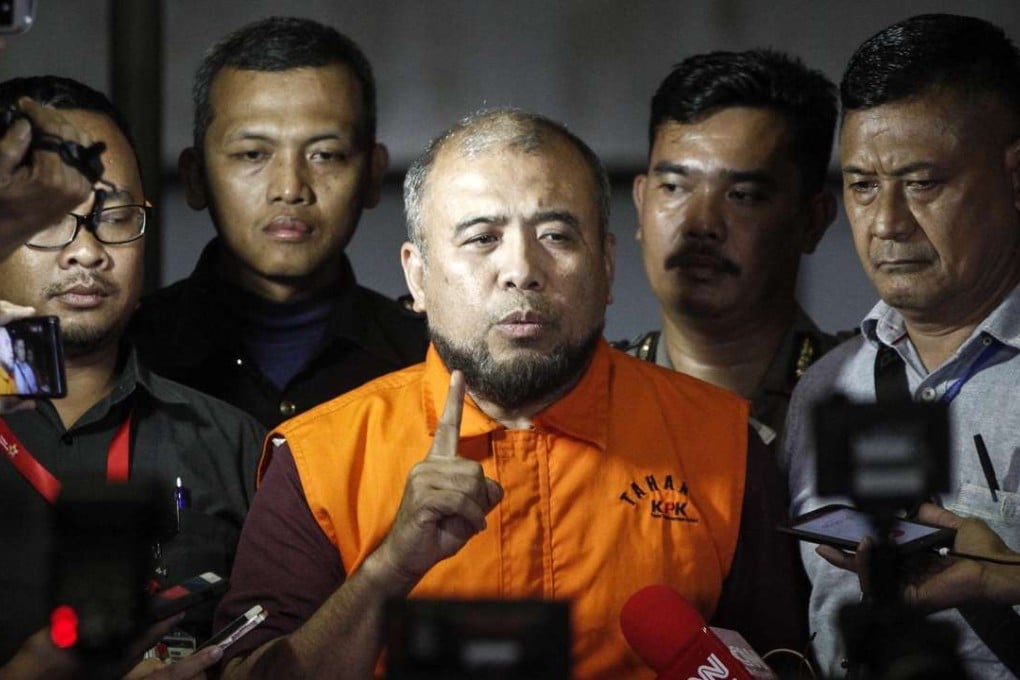Asian Angle | How Indonesia found itself facing a constitutional crisis
Arrest of a former justice minister has left Indonesians to ponder a collapse in public morality that seems to have no end

Indonesia’s corruption fighters are back in the depths of despair after the arrest on bribery charges of a justice of the Constitutional Court, the country’s highest legal institution, once considered a success story of the democratic era.
Former National Mandate Party politician Patrialis Akbar, 58, was taken into custody by the Anti-Corruption Commission (KPK) last week, two and a half years after former Constitutional Court chief justice Akil Mochtar received a life sentence for the same offence.
Long-numbed by the string of thieving politicians and bureaucrats filing through the courts, Indonesians have been left to wonder whether they are witnessing not only a failure of the rule of law, but a systematic collapse in public morality that seems to have no end.

Akbar’s arrest further undermines confidence in a court that was once considered an icon of Indonesia’s reform success story. Established in 2003 under a 2001 amendment to the 1945 constitution, it was Indonesia’s first judicial body empowered to review government regulations (those below the level of actual laws).
It won plaudits in its early years under pioneering chief justice Jimly Asshidiqqie, but in subsequent years its shine dimmed amid suspicions of political interference under his successor Mohammad Mahfud. Now, with the arrest of a second justice on bribery charges, there have been calls to rein in some of its unlimited powers.
